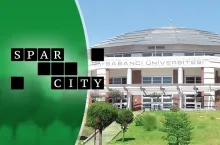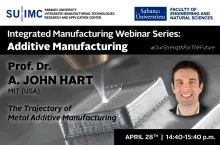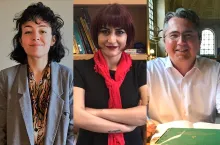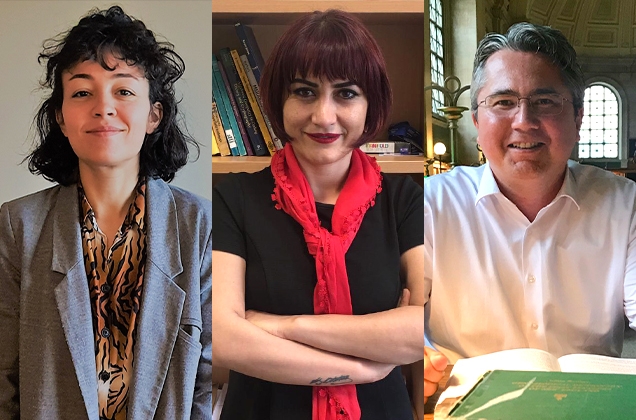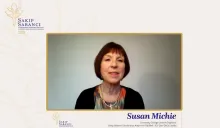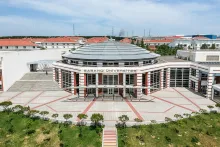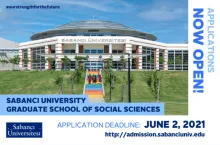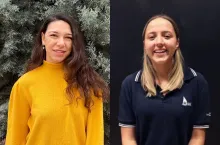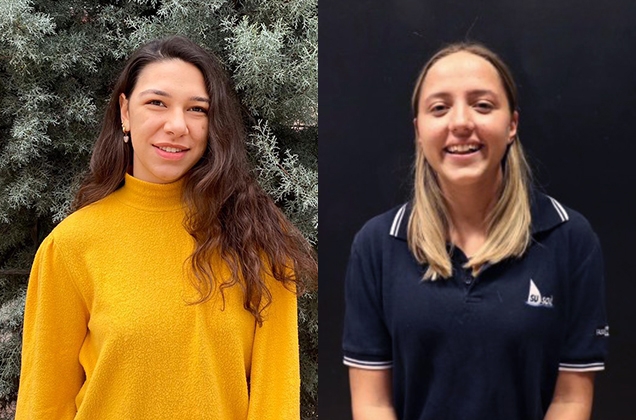27/04/2021
The “Technological Arts Preservation” project enacted through the collaboration between Sabancı University and digitalSSM Archive and Research Space, is hosting a talk with Christiane Paul, Chief Curator / Director of the Sheila C. Johnson Design Center and Adjunct Curator of Digital Art at the Whitney Museum of American Art.






